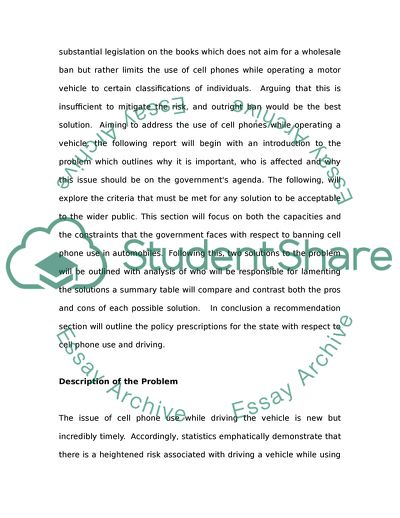Cite this document
(Cellular Phone Use and Driving: A Problem in North Carolina Article, n.d.)
Cellular Phone Use and Driving: A Problem in North Carolina Article. https://studentshare.org/social-science/1729180-prblems-in-our-communities-and-state
Cellular Phone Use and Driving: A Problem in North Carolina Article. https://studentshare.org/social-science/1729180-prblems-in-our-communities-and-state
(Cellular Phone Use and Driving: A Problem in North Carolina Article)
Cellular Phone Use and Driving: A Problem in North Carolina Article. https://studentshare.org/social-science/1729180-prblems-in-our-communities-and-state.
Cellular Phone Use and Driving: A Problem in North Carolina Article. https://studentshare.org/social-science/1729180-prblems-in-our-communities-and-state.
“Cellular Phone Use and Driving: A Problem in North Carolina Article”. https://studentshare.org/social-science/1729180-prblems-in-our-communities-and-state.


